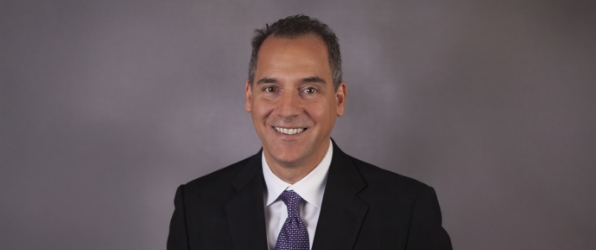
Symmastia is a condition that occurs when breast implants sit too close to the middle of the chest and, in extreme cases, even touch each other. It is often referred to as “breadloafing” or the “uniboob” look. If you’re seeking to correct this issue, Dr. Isidoros Moraitis, a board-certified plastic surgeon in Palm Harbor, offers skilled symmastia repair through breast augmentation revision surgery, helping you regain confidence in your appearance.
What Is Symmastia?
Naturally, there is a space between the breasts, which is defined by a gentle fold, referred to as the medial fold. The medial fold separates the breasts, giving them shape, form, and what is often referred to as cleavage. Symmastia is a condition that requires revision breast surgery and is often difficult to correct because of the delicate nature of the natural medial fold. Even if the breasts are naturally large in size or have been enhanced with larger breast implants, there should be a degree of separation to give each breast definition.
Symmastia, a challenging complication following breast augmentation, requires specialized skill for effective correction. Due to the complexity of the revision surgery, it’s crucial to seek a board-certified plastic surgeon with a proven track record in symmastia repair. Beyond the aesthetic concerns of a “uniboob” appearance, symmastia can also lead to physical discomfort and pain, making prompt and skilled intervention essential.
What Causes Symmastia?
Symmastia can develop after breast augmentation surgery due to several factors related to implant placement and tissue changes. These include:
- Oversized Implant Pockets: If the surgical pockets created to hold the implants are too large, it can allow the implants to drift towards the center of the chest.
- Implant Migration: Even with properly sized pockets, implants can shift out of their intended position over time, leading to central merging.
- Weakening of the Medial Fold: The fibrous tissue that naturally defines the separation between the breasts (the medial fold) can weaken or stretch, particularly after surgery. This loss of support allows the implants to come closer together.
Get A Pricing Estimate!

How Can Symmastia Be Corrected?
Undergoing revision surgery for symmastia can restore the breasts and medial fold to their intended appearance. The exact procedure necessary can depend on the position of the breasts, the position of the implants (above or below the muscle), and how the tissue has healed internally. In most cases, scar tissue that surrounds the implant is removed from the breast in a procedure known as a capsulectomy/capsulotomy. The pocket or capsule surrounding the implants is revised to reposition and hold the implants in a more appropriate pocket. Permanent internal sutures are used to create a new medial fold, holding the skin and tissue against the sternum and preventing the implants from migrating medially. Dr. Moraitis may recommend replacing your implants with a different size or changing surgical planes, i.e., subglandular to submuscular or vice versa.
Can Smaller Implants Correct Symmastia?
Unfortunately, symmastia can only be surgically corrected as it is not an issue with the breast implant. The pocket the implant sits in must be repaired.
Breast Symmastia Repair in Palm Harbor
Understanding the delicate nature of the medial fold and the complexities of revision surgery, Dr. Moraitis emphasizes a personalized approach, tailoring each procedure to the unique needs of the patient. If you’re experiencing symmastia and seeking a solution that prioritizes both aesthetic harmony and your well-being, we encourage you to schedule a consultation with Dr. Moraitis. As a board-certified plastic surgeon in Palm Harbor, he possesses the specialized skills and experience necessary to restore a natural breast contour and address the underlying causes of symmastia.

